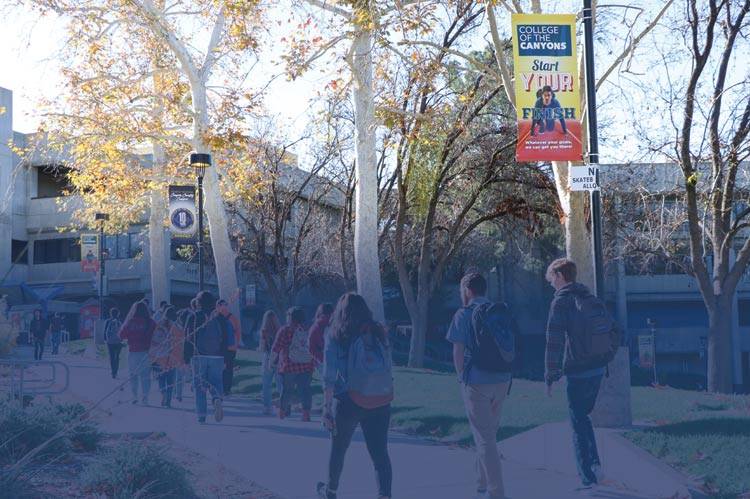English 102 Course
English 102 builds on the critical thinking, reading, and writing practice begun in English 101. This class includes critical analysis, interpretation, and evaluation of literary works, along with writing of argumentative essays about literary works.
The Student Learning Outcomes for English 102 are:
- Compose well-structured, grammatically-correct essays which assert the reader's analytical interpretation of a literary work and support that interpretation with convincing textual evidence.
- Apply critical thinking, specifically multiple perspectives and elements of argument, to the analysis and interpretation of literature.
To achieve these goals, students will learn to:
- Analyze the relationship between literary genre and meaning.
- Analyze the effect of point of view, character, diction, tone, imagery, figurative language, plot, and structure on the theme of the literary work.
- Relate the texts values and assumptions to the social, historical, ethical, psychological, philosophical, or religious context of the work.
- Compare ones own values and assumptions to those of the text, and debate the extent to which the literary works values and assumptions challenge those of the reader.
- Evaluate the formal and stylistic aspects of the literary work.
- Create a thesis that argues and assembles the readers interpretation of a literary work or works, and assemble supporting evidence to validate that interpretation.
- Assess and revise one's own arguments about literary works with attention to issues of organization, clarity, mechanics, and style based on peer evaluation of, and self-reflection on, composition strengths and weaknesses.
- Examine logical fallacies in literary works and in the interpretations of those works.
- Analyze and evaluate other elements of reasoning, such as quality of evidence and underlying assumptions, in literature and arguments about literature.
- Compare and contrast literary theories, and apply literary theory to analyze and interpret literature.

 My Canyons
My Canyons  Canvas
Canvas 
